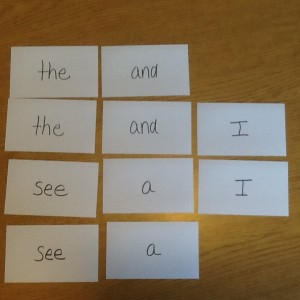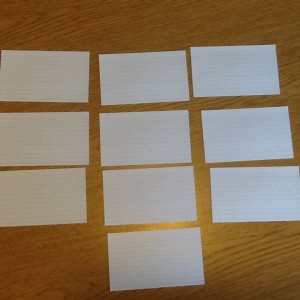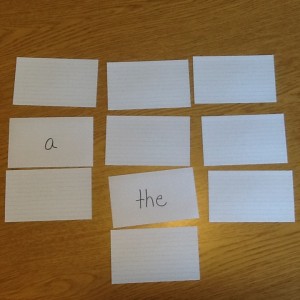Hello,
Today I am going to share some ideas with you, of activities to do at home. These are easy and cheap.
1. Games-play board games or manipulative type of games. This will help with turn taking, having a conversation, and will build fine motor skills.
2. Read-read to your child. When you are done reading ask your child some questions about what you just read.
3. Chores-have your child set the table. Talk about how many plates to set. Do you have enough silverware on the table for everyone present?
4. Field trips-go to the grocery store. Talk about the numbers of prices. Which one is more or less? Go to Target or other stores. Talk about colors, shapes, and other items you see around you.
I hope some of these activities will help you!!



